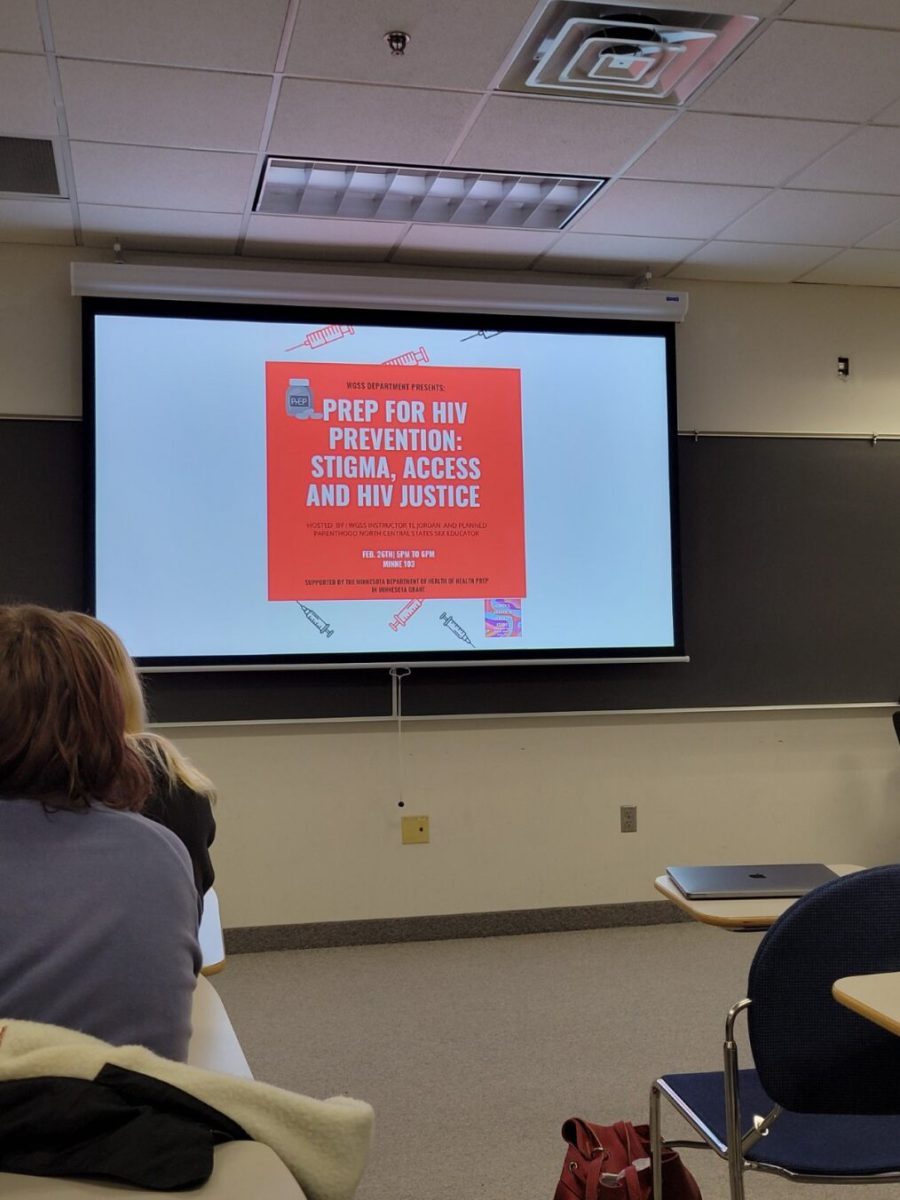The closer we get to the end of the awards season, a film from the Land of the Palm Trees, Brazil, has been raising interest with a positive commercial and critical reception, all while having a budget of only 1.8 million dollars, and in complete Portuguese. “I’m Still Here,” directed by the iconic Walter Salles, who is widely regarded as one of the greatest Brazilian filmmakers of all time, debuted in America on February 7 2025 and is based on the memoir of Marcelo Rubens Paiva, “Ainda estou aqui,” talking about the disappearance of his father as a result of the military dictatorship in 1971.
The film and memoir are mainly focused on Eunice Paiva, the wife of Rubens Beyrodt Paiva and mother of Marcelo Rubens Paiva, along with 4 other daughters. With such an important paper and role as Eunice, finding the right actress was a vital point of the film which was gladly achieved by Fernanda Torres. Fernanda Torres, daughter of the acclaimed actress Fernanda Montenegro, follows her mother’s footsteps and delivers an unbelievable interpretation representing the necessary emotion and strength that someone like Eunice has. This resulted in Fernanda being the first Latin-American to win the Golden Globe for Best Actress in a Drama and an Oscar Nomination for Best Actress.
The story shows our main character living in Rio de Janeiro with his husband, an ex-congressman, enjoying a happy life while multiple news sources talk about the extreme political situation the country is facing with the kidnapping of the Swedish ambassador and multiple military transportation being moved around the streets. This all results in Rubens Paiva, Eunice Paiva and their daughter Eliana being arrested by the military as Rubens was accused of helping the left and being a communist. While Eliana and Eunice were both able to go back home, Rubens faced the ultimate punishment and was never seen again.
Disappearances throughout Latin-American countries in moments of extreme tension politically and dictatorships is sadly enough not uncommon, with another example being the Dirty War in Argentina, resulting in the movement of Mothers of Plaza de Mayo, a group of mothers and grandmothers of the people deemed as political opponents who were tortured and never to be heard from again. Families all around Latin America were greatly affected by these decisions, and films like these work as a reminder of the past and a lesson for the future generations to come.
A small but quite touching moment for me is 25 years later in the film, showing an older Eunice in São Paulo talking to the press where she receives a question about why the government should care about these situations of the past, and not just focus on the problems of the present. Eunice mentions that the government kills one person but leaves many with eternal psychological torture, and if we leave these people and institutions get away with it, they will continue to do it. I believe this scene specifically shows the strongest and most sincere aspect of the film, the acceptance of grief that was imposed by others and the emptiness that it can leave us for the rest of our life, even if it was already assimilated. What can we hope for in society if we don’t know and understand our history?
“I’m Still Here” is now available in theaters all around the U.S. as well as VOD streaming, and I strongly recommend it to anyone reading.











































